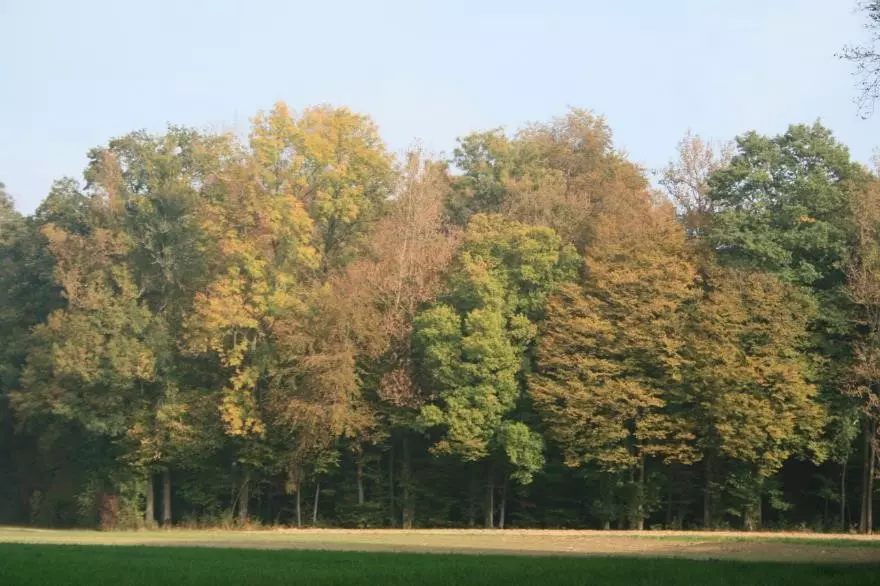Evaluation of benefits and risk of assisted migration in Fagus species

At a glance
- Project leader : Dr. Fabio Rezzonico
- Deputy of project leader : Dr. Christoph Sperisen
- Project team : Mirjam Kurz
- Project status : completed
- Funding partner : Federal government (Eidgenössische Forschungsanstalt für Wald, Schnee und Landschaft WSL)
- Contact person : Fabio Rezzonico
Description
Risk and benefits of assisted introduction of drought-resistant Fagus species in Europe European beech (Fagus sylvatica) is one of the economically most important broadleaved trees in Europe. Its natural geographical diffusion area is however expected to experience a major shift as a consequence of global warming. Assisted introduction of closely related oriental beech (Fagus orientalis), which grows at warmer and drier sites, has been proposed as a mean to maintain the ecosystem services of Fagus forests once the climate will be too unfavorable for F. sylvatica. However, these two species are known to hybridize in their contact zone in Eastern Europe, a fact that constitutes a potential risk, as hybrids may potentially be invasive or more susceptible to certain diseases. In this project we collaborate with WSL to perform a genetic assessment of Fagus offspring at selected sites in Central Europe, where a limited population of F. orientalis was introduced in the past decades, in order to understand the local hybridization rate and population dynamics between the two species. The data obtained will be critical for risk assessment and development of future strategies.
Publications
-
Kurz, Mirjam; Kölz, Adrian; Gorges, Jonas; Pablo Carmona, Beatriz; Brang, Peter; Vitasse, Yann; Kohler, Martin; Rezzonico, Fabio; Smits, Theo H.M.; Bauhus, Jürgen; Rudow, Andreas; Hansen, Ole Kim; Vatanparast, Mohammad; Sevik, Hakan; Zhelev, Petar; Gömöry, Dušan; Paule, Ladislav; Sperisen, Christoph; Csilléry, Katalin,
2023.
Forest Ecology and Management.
537(120942).
Available from: https://doi.org/10.1016/j.foreco.2023.120942
-
Kurz, Mirjam; Kölz, Adrian; Gorges, Jonas; Carmona, Beatriz Pablo; Brang, Peter; Vitasse, Yann; Kohler, Martin; Rezzonico, Fabio; Smits, Theo H. M.; Bauhus, Jürgen; Rudow, Andreas; Hansen, Ole Kim; Vatanparast, Mohammad; Sevik, Hakan; Zhelev, Petar; Gömöry, Dusan; Paule, Ladislav; Sperisen, Christoph; Csilléry, Katalin,
2023.
Forest Ecology and Management.
531(120801).
Available from: https://doi.org/10.1016/j.foreco.2023.120801